Nicola Farinetti sucks down the last of his coffee, whirls his hand in the air, and hits my shoulder for the third time in minutes. The excitable 30-year-old CEO of Eataly U.S.A. is showing off the buzzing “piazza” of Eataly New York, his family’s 50,000-square-foot Italian grocery market-cum-restaurant emporium-cum-enoteca slash bakery slash cheese shop. We’re at the heart of the light-drenched store, where customers can hang out at a dozen marble countertops while scarfing down prosciutto, homemade mozzarella, and chilled oysters—or, should they be longer-term thinkers, wander off and shop for groceries. According to Farinetti, the piazza didn’t exist in the weeks leading up to the market’s opening in 2010. “But all of a sudden we realize,” he says, and then, in his thick Italian accent, begins to break apart syllables for emphasis: “People-ah want-ta drink-ah wine!” Farinetti gestures around the open space, which is crowded with drinkers even early on a Tuesday afternoon. “It’s unbelievable!”
Farinetti has good cause to be so excited: Eataly’s business is booming. This location, across from Manhattan’s Madison Square Park, is doing $85 million in annual revenue. Its even larger counterpart in Chicago, which opened in late 2013, is on pace to hit $50 million this year, nearly matching the gross sales of its flagship store in Turin, Italy. And that’s on top of the 15 other Eataly locations in Italy; the 11 in Japan; and the large-scale outposts soon opening in London, Hong Kong, Moscow, Munich, Paris, São Paulo, Sydney, and Toronto, among other cities. In fact, Farinetti has just come from an hours-long design meeting with the architect of Eataly’s second New York location at the new World Trade Center. “It’s going to be wild—I can’t even imagine yet how it’ll look at nighttime,” he teases.
Farinetti’s father, Oscar, launched the first Eataly in 2007. The family previously owned consumer electronics stores in Italy, through which Farinetti says they learned an experience-based approach to retailing understanding that a “washing machine wasn’t a washing machine, but this white magic box where you put dirty stuff in and it comes out clean, which changes people’s lives!” With Eataly, the aim was to build a store that harked back to old-style markets such as the bazaars of Istanbul or the fish markets of Sicily, where Farinetti says “there is no distinction between restaurant and retail: You can eat and buy, or buy and eat.” That first location was 110,000 square feet, and Eataly could certainly have been accused of being a modern-day megastore—but its embrace of high-end ingredients and foodie culture made it feel special. Farinetti describes the store as “bringing the quality and service of Jean-Georges” to the supermarket.
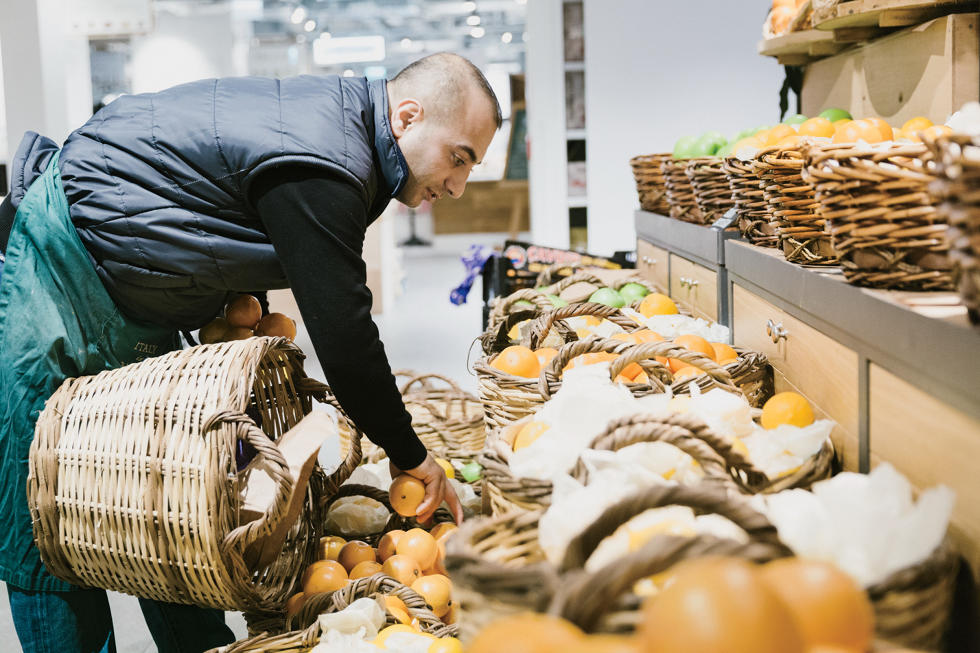
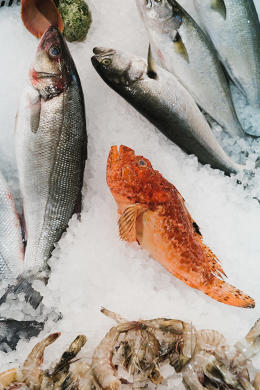
To import the concept to the U.S., the Farinettis partnered with Mario Batali’s B&B Hospitality Group; together they launched Eataly New York in 2010, which features seven sit-down restaurants and a rooftop beer garden, along with cooking workshops and styles of pasta that “Michelin-starred restaurants can’t even afford,” Farinetti boasts, perhaps a bit hyperbolically. “For one guy, it might be a market; for another, a restaurant; and for another, a culinary school.”
Ultimately, Eataly’s key ingredient is recognizing that shopping is not a chore but an experience—and that food experiences can build upon each other. “The first thing customers do, they try a restaurant,” Farinetti says. “They realize there is something different between us and most of the pasta restaurants all over the world, so they buy one of these pastas and bring it home. And they realize it’s something they can do, and they’re going to be curious and want a lesson [in how to cook]. Then you’re a foodie, you don’t even realize it, and you get stuck with us.”
What’s most remarkable is that Eataly’s success comes at a time when others in the space are struggling. Whole Foods, for example, was one of the worst-performing stocks of the S&P 500 last year. Though its stock has slightly rebounded, its once-unique layout increasingly feels stale, as it becomes ubiquitous. Eataly customizes itself in each new city, which makes each one feel like a destination—and perhaps explains why 40% of Eataly’s customers in New York are tourists.
“To me, this isn’t a market or a restaurant, but something else altogether, which gives me much more room to do crazy things,” says Farinetti, as we chat near an art exhibition in the New York store, one of many more to come at Eatalys across the world. “Imagine if I tried to do a crazy event at Whole Foods. People would get mad, like, ‘I just came here to shop!’ But because this is Eataly, I can do all this stupid stuff and people understand it.”
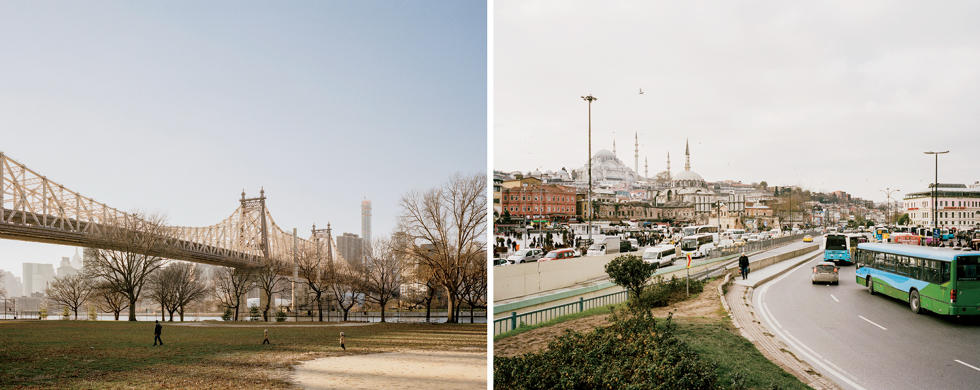
What is Eataly like in two very different cities?
We sent a photographer to capture shoppers (and their goodies) in New York and Istanbul.
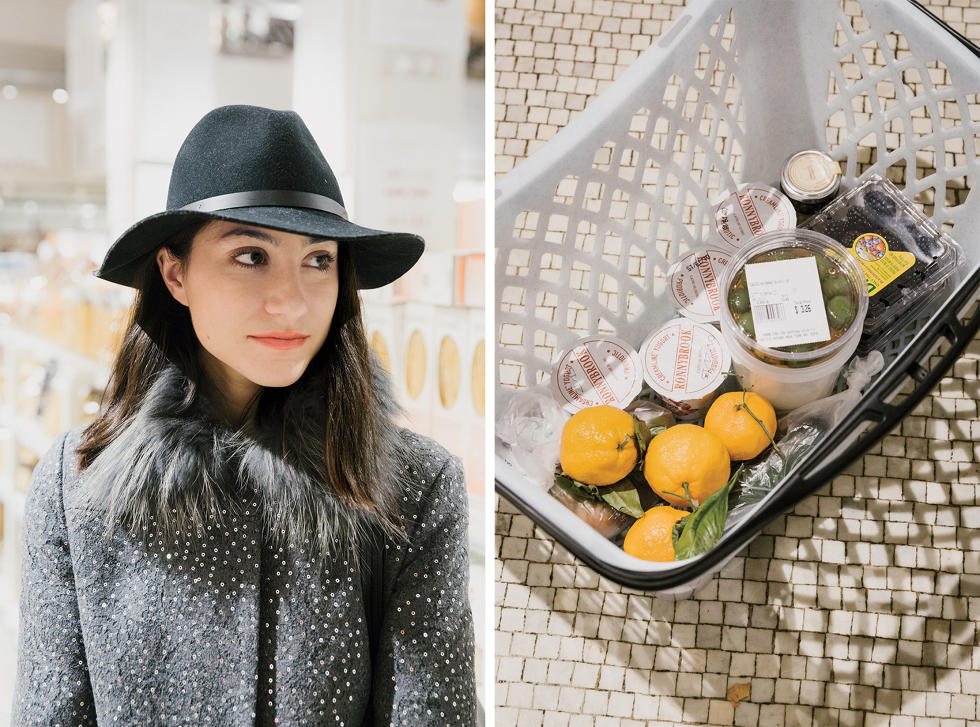
Eataly New York
Name: Erika Rae Shuster
Purchased: Olives, blackberries, satsumas, yogurt
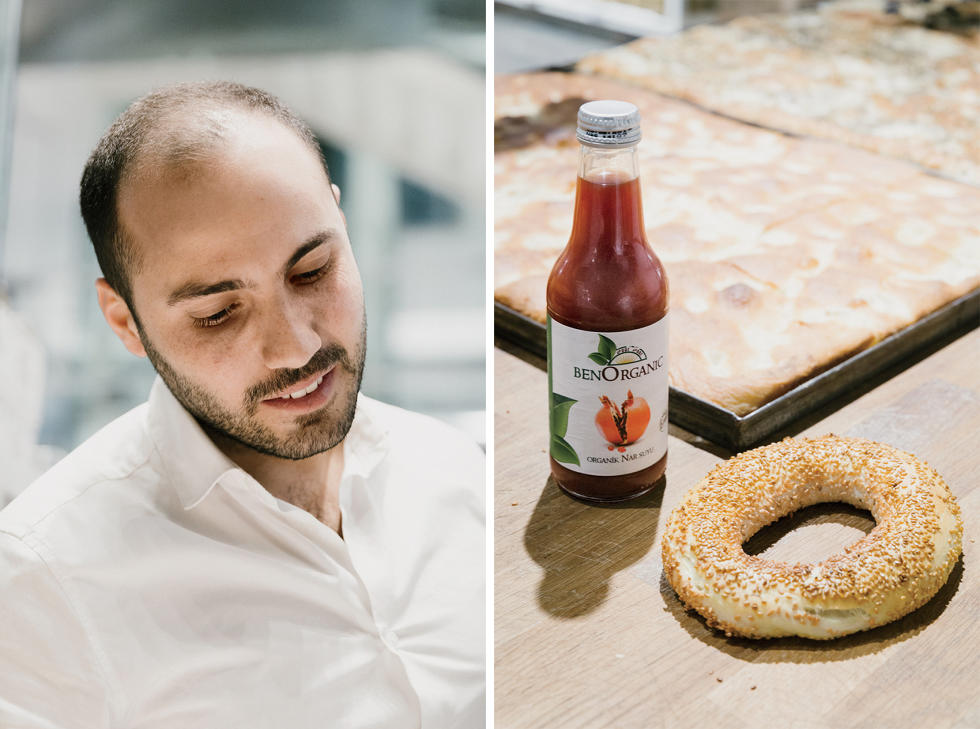
Eataly Istanbul
Name: Kayhan Yenibas
Purchased: Turkish bagels, organic pomegranate juice
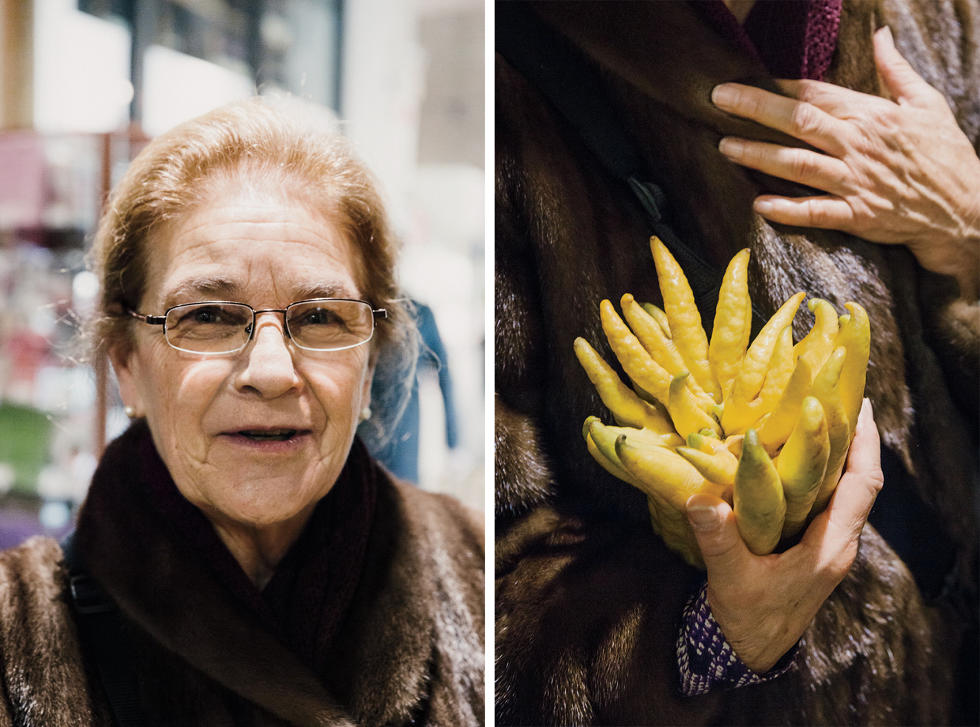
Eataly New York
Name: Marcela Villareal
Purchased: Buddha hand lemon
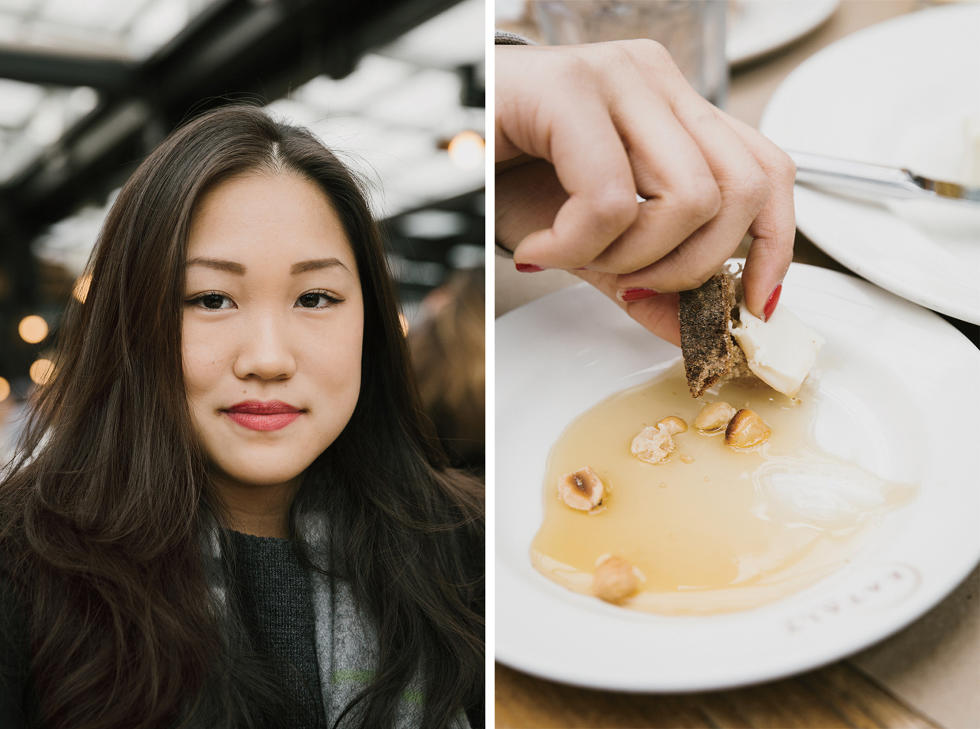
Eataly New York
Name: Yafan Chang
Purchased: Bread and cheese
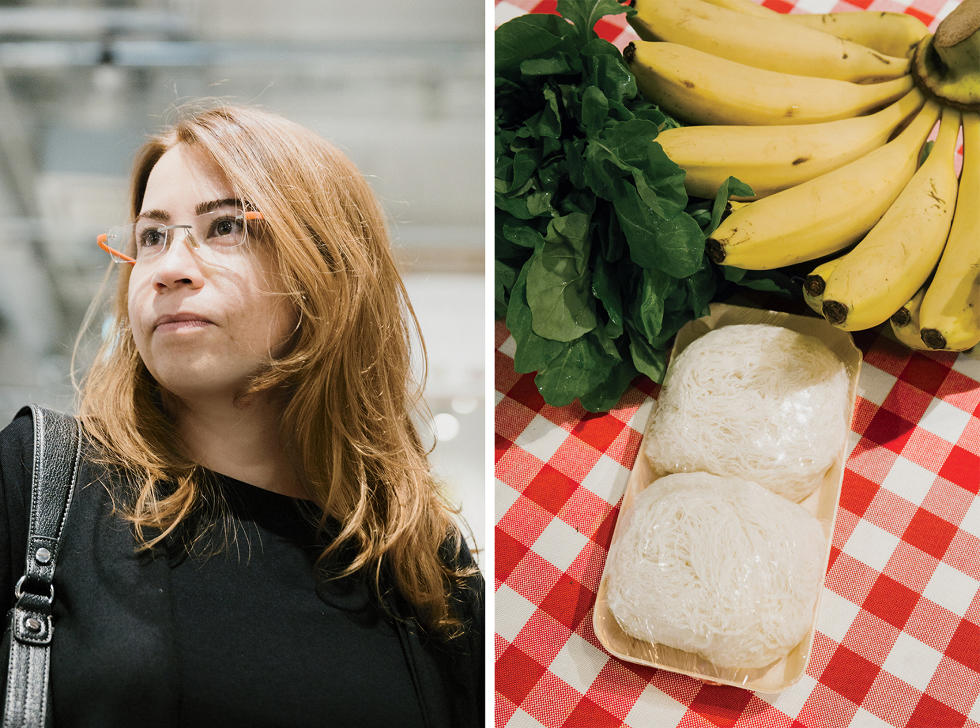
Eataly Istanbul
Name: S. Sahika Sahin
Purchased: Cheese, bananas, salad greens
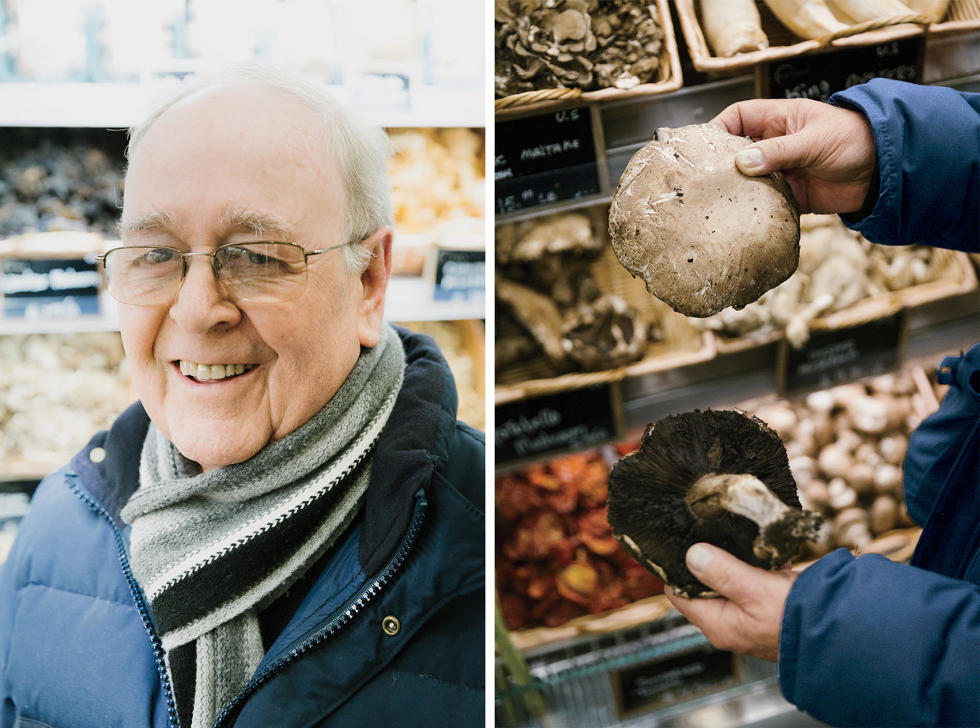
Eataly New York
Name: Anthony Lee
Purchased: Portobello mushrooms
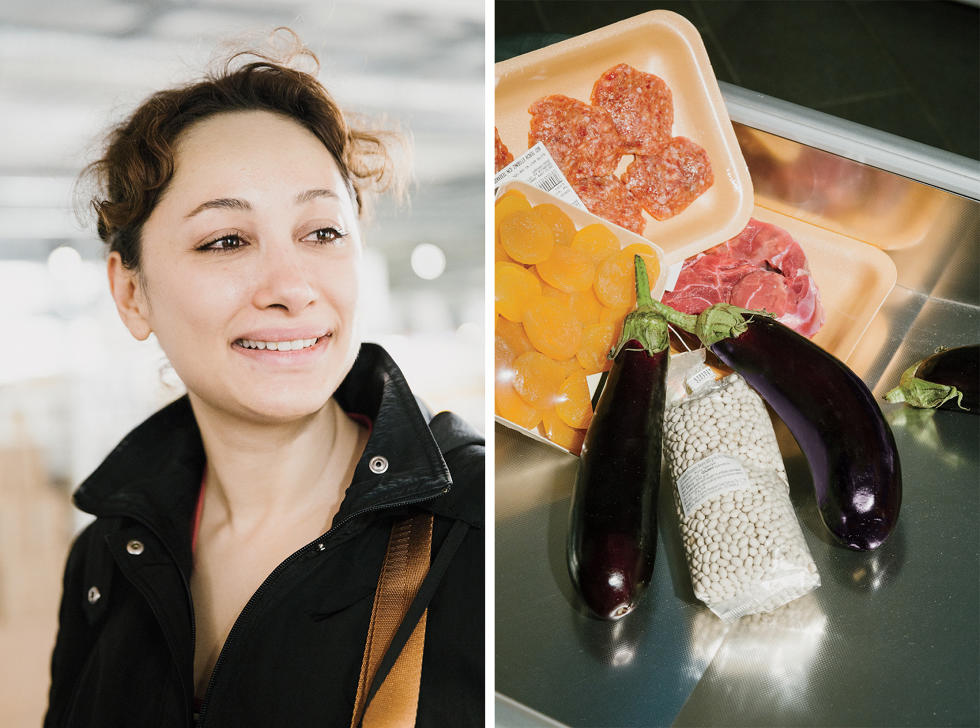
Eataly Istanbul
Name: Doya Çetin
Purchased: Dried apricots,eggplants, butcher meatballs, hind of cow, haricot beans
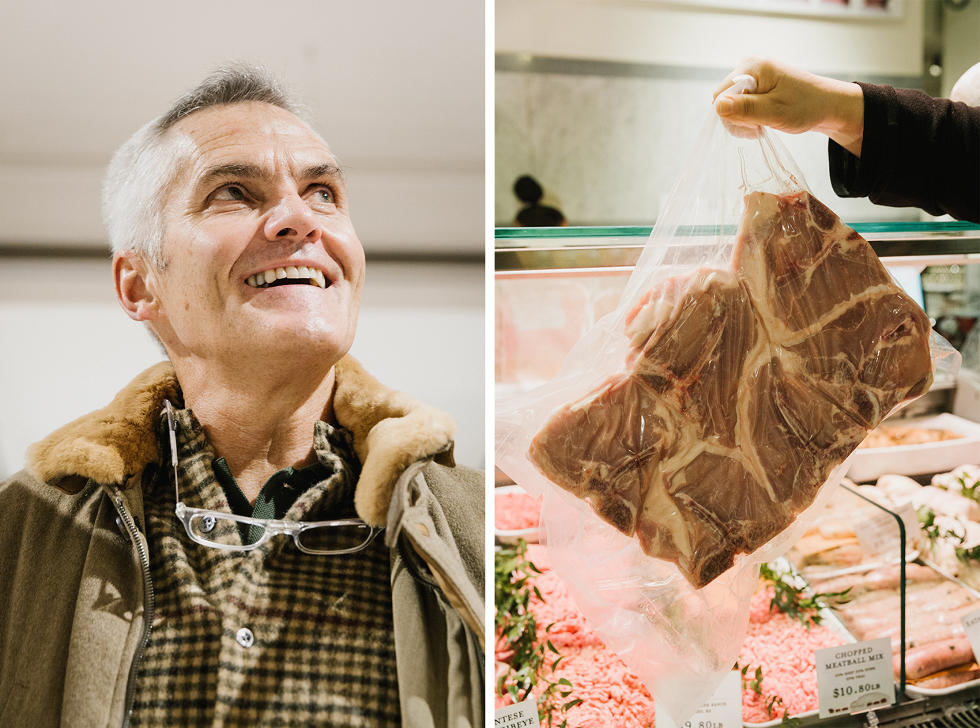
Eataly New York
Name: Larry Wiesler
Purchased: Veal loin chops
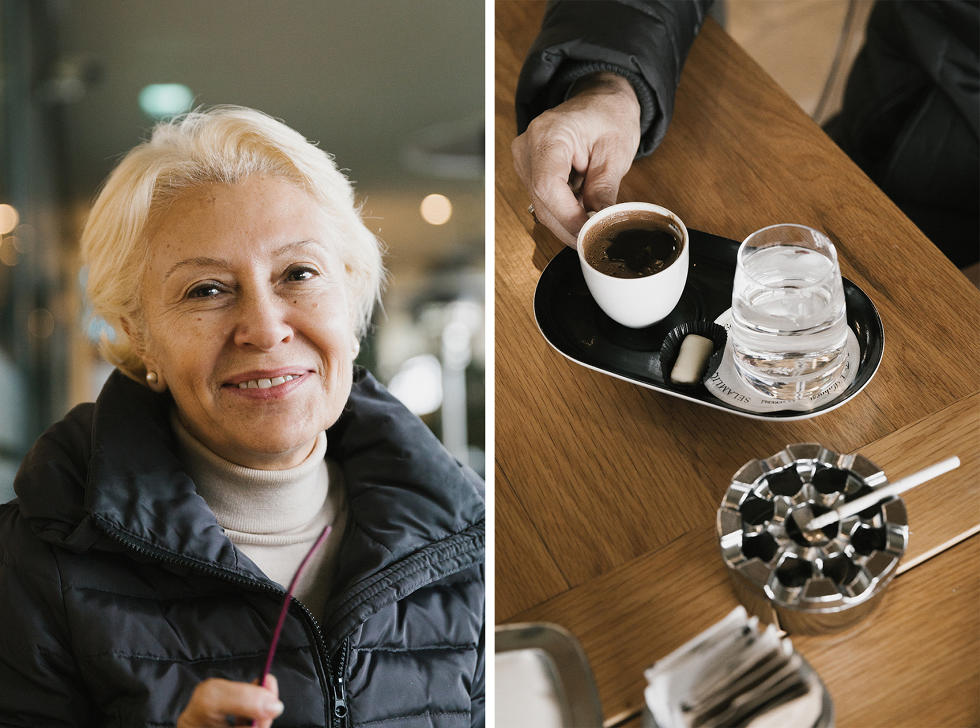
Eataly Istanbul
Name: Filiz Bazmanoqlu
Purchased: Türk kahvesi (Turkish coffee)
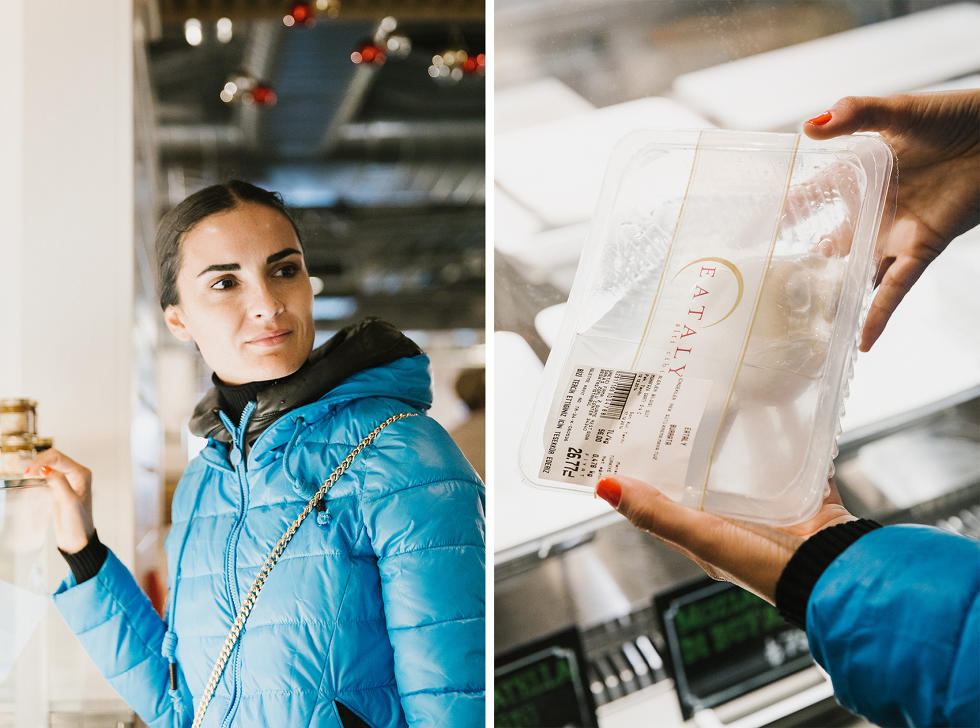
Eataly Istanbul
Name: Bahriye Senturk
Purchased: Burrato cheese, mozarella cheese
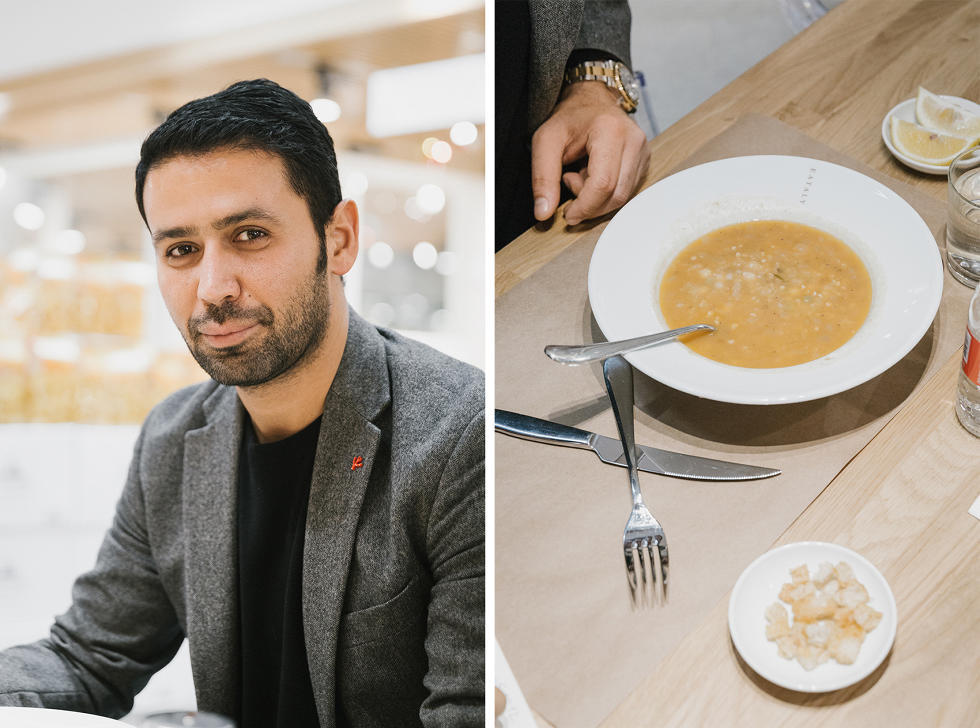
Eataly New York
Name: Tolqo Sergin
Purchased: Zuppe toscana soup
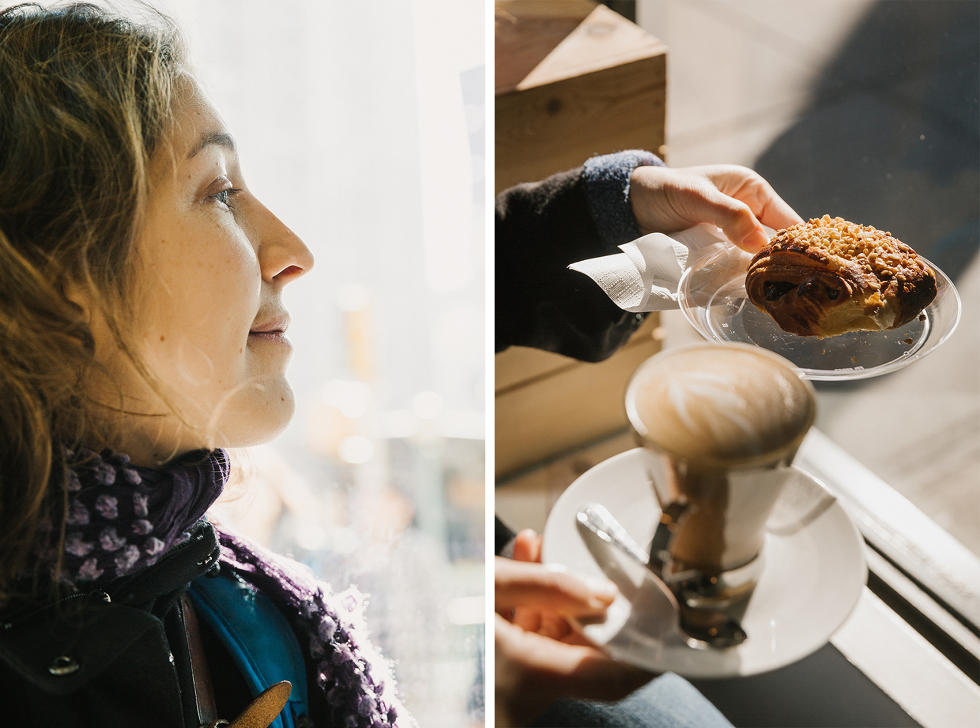
Eataly New York
Name: Julie Gonzalez
Purchased: Hazelnut latte, chocolate croissant
[Photos: Daniel Shea]
Fast Company , Read Full Story
(248)